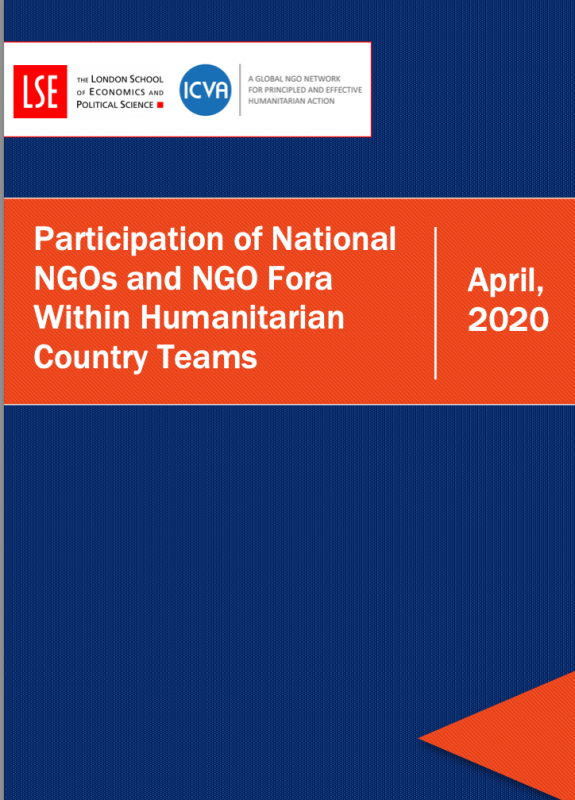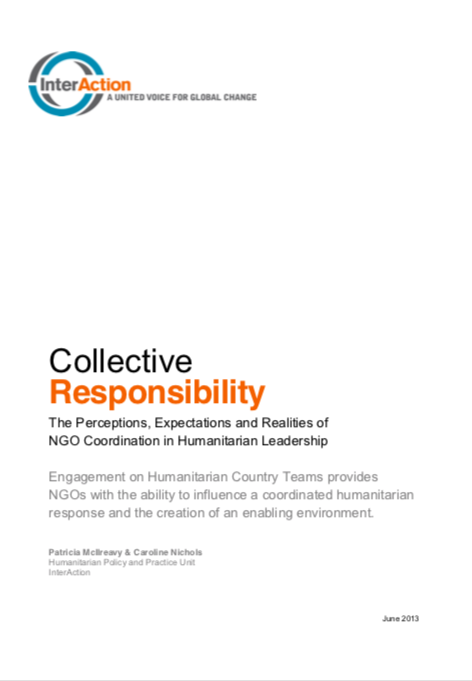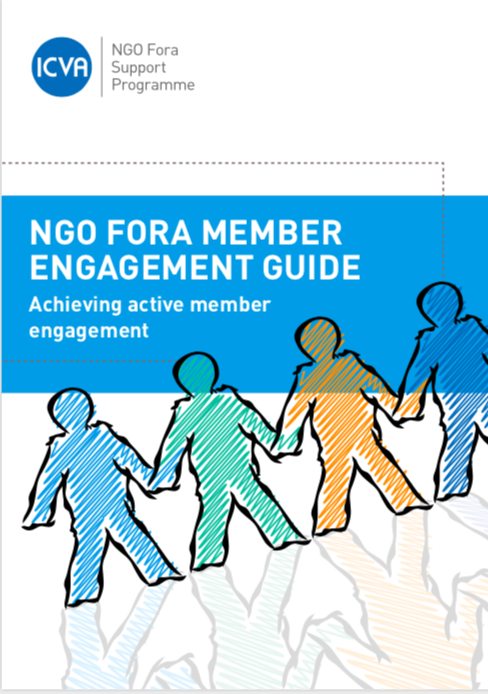
Participation of National NGOs and NGO Fora within Humanitarian Country Teams
Humanitarian coordination , Humanitarian Country Team (HCT)
This report was commissioned by ICVA and carried out by a consultancy team from the London School of Economics. The research was conducted with the aim of exploring the quality of participation, as well as the challenges inhibiting meaningful participation, by NNGOs and NGO fora within Humanitarian...



